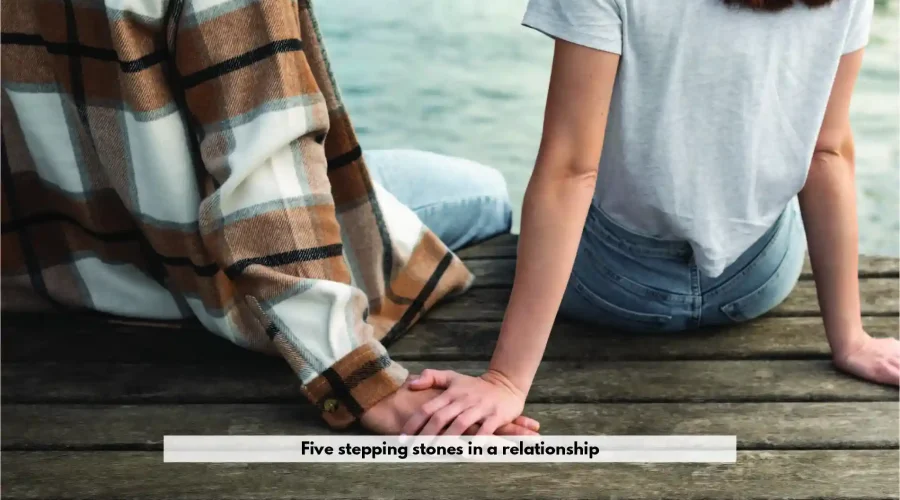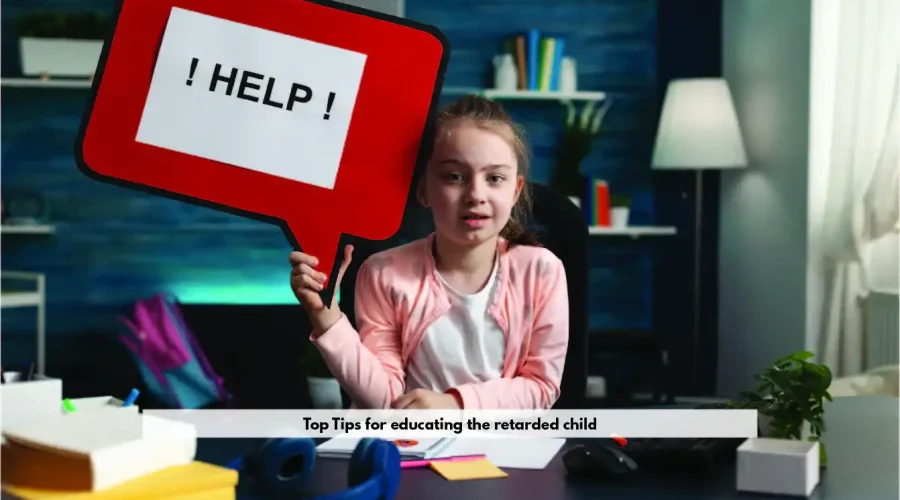5 Effective Conflict Resolution Skills
Conflict is a standard part of relationships. Being in a relationship does not mean an all-time high; it has ups and downs, and it is important to manage your state. More often, people try to avoid conflicts; if conflicts happen, they bring all their negative emotions to the other person. Thus, conflict resolution skills are an integral part of a healthy personal, professional, or friendship relationship. In this article, we will learn about basic conflict resolution skills, causes, and strategies to resolve your conflicts. Let’s start. Why Conflicts Resolution Occur? Conflict symbolizes a healthy relationship; it means both partners are urged to follow their paths and values. But sometimes, it can lead to a breakup, hurt, and quarrel. People try to avoid conflicts earlier in the relationships, and they evolve themselves to pursue their partner’s demands. However, doing that may lead to a conflict in the long term because you are living on the terms of your partner and can’t be completely by yourself. Conflict resolution skills are important; they can help the relationship improve and grow more respect and brotherhood for each other. Conflict can occur anytime, i.e., with married partners, friends, or work relationships. It can destroy many things: peace of mind, a peaceful working environment, hate towards each other, and not paying respect to their values and efforts. By learning conflict resolution skills, we can improve our dignity, resolve any relationship issue, increase our value in our surroundings, and make us better people overall. Conflict Resolution Skills So, you have understood the importance of conflict resolution; now, we have learned the five skills that can help us resolve our conflicts in a relationship. 1. Communication Communication is an important part of every relationship; effective communication can lead to a healthy and growing relationship. It can also improve us and increase our ability to manage people’s issues. In the conflict, communicate your feelings and thoughts to the other person. It is important to convey your point of view to the other person. Saying what is bothering you or what you are up to can help other people understand your point of view. By communicating your problem, concerns, and point of view to the person, you focus on the right thing, being yourself, and resolving the conflict. Talk with them, express your concerns, and don’t hold back any grudge. 2. Active Listening In the conflict, we often neglect the other person’s point of view and entirely ignore their side of the story. Listening to their concerns and stories helped us to understand their thoughts on the conflict. Listening is the quality of good relationships; everyone should adopt it. Listen to the person actively, understand their stands on the conflicts, and ask questions if you have any doubts. Hearing and understanding their point of view can increase your respect and also improve you as a person. Talk politely and listen actively. Conflict is not difficult to solve; it just needs two active listening partners to communicate each other’s concerns and solve them on priority. 3. Stress and Calm Conflicts can be very stressful for anyone, either a considerable conflict or just a matter of eating. Conflicts can spark stress in our body and thus lead to an aggressive state of mind. Stress is a negative emotion and can disrupt many relationships, especially the ones affected by conflicts. It is important to remain calm during the conflict and hold on to your ground. It is better to do nothing than be ashamed of your act lately. In a conflict, take deep breaths and hold on to yourself. Take as much time as you want to calm yourself down. Psychologists use the term delaying the reaction, in which you will delay your reaction to a stimulus(event or conflict). By delaying your reaction to a certain factor, you can clear your mind and catch up on your breathing. 4. Dont Blame Others Blaming others is the biggest reason conflicts remain unresolved, and people develop grudges against them. When you are in a conflict, don’t blame the other person. As we say, listening to their point of view is very important, and respecting their point of view is another. Include another person in the conflict, and don’t blame them. Respecting other people’s opinions and their level of interest is a key part of understanding the conflict. Blaming another person may hurt the other person’s feelings, and they may show aggression during the conflict. 5. Collaboration Collaboration improves communication between people involved in the conflict by encouraging them to listen carefully and clearly express their thoughts. It helps everyone to fully understand each side’s point of view and the real problems that need to be solved. Collaboration builds empathy and understanding by getting people to see things from different points of view. This leads to a shared knowledge of differences. It also leads to creative problem-solving by generating ideas and holding brainstorming meetings. How Emotions Affect Conflict Resolution? When people conflict, their feelings play a big role in how the conflict develops and is finally settled. Emotions like anger or fear that aren’t controlled can start fights and make communicating difficult. Emotional pain can make it hard to communicate and understand clearly, which makes the resolution process more difficult. On the other hand, good emotions like empathy and understanding can help people work together and find answers that work for everyone. Emotions affect the decisions and strategies that are made during conflicts. Emotions greatly impact trust, which is an important part of conflict resolution. Positive emotions help build trust, while negative emotions break it down. Emotions also help people be creative and flexible, which are both important for collaboration in conflict resolution. The post-conflict phase can also affected by these negative and long-term emotions. These emotions can have long-lasting effects on relationships, either making them stronger after a good resolution or leaving anger behind after a bad one. Being able to handle your emotions with intelligence is important for resolving conflicts. Emotions can affect
























